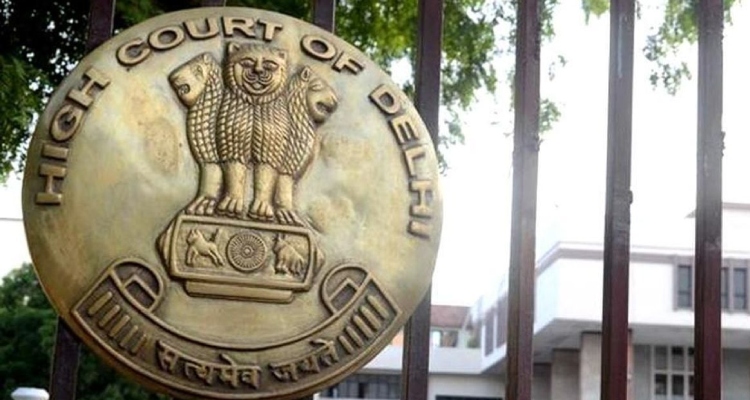
The Delhi High Court has directed the city authorities, including the police, to investigate claims of forced stays at a de-addiction center.
The court has asked for regular, unannounced checks to ensure no one is being held against their will.
A bench led by Justice Prathiba M Singh ordered these checks, specifically asking for a review of the “admission register” under the Mental Healthcare Act. This measure ensures that patients are not involuntarily kept in the center. The court issued this order after hearing a petition from a man who claimed that his friend was forcibly admitted to the de-addiction center by his wife and that no one was allowed to visit or contact him.
The petitioner’s lawyer argued that several individuals at the center were being held against their will. However, the center’s lawyer claimed that the petitioner’s friend had entered voluntarily. The friend disputed this, telling the court that patients were forced to sign their admission documents.
The court stated in its August 12 order: “A certificate of provisional registration as a Mental Health Establishment which has been given to SABRR Foundation with its address at Nangloi, New Delhi has been issued by State Mental Health Authority (SMHA).” The court further instructed that the SMHA, along with IHBAS, Delhi Police, and the Health Department of Delhi, should look into these allegations and conduct regular random checks to ensure that patients at the SABRR Foundation are not being held against their will.
The court emphasized that the “Admission Register” should be checked randomly under the Mental Healthcare Act, 2017, particularly Section 89, which deals with the admission and treatment of people with mental illnesses who need significant support. This section requires the patient’s consent for admission. The checks should ensure that no patient is staying at the center involuntarily.
The court also noted that the authorities should take appropriate legal action after these inspections and verifications.
In the specific case discussed, the wife claimed that her husband had a history of substance abuse and violent behavior. Although he was later discharged, the court ordered that he be medically examined by doctors from the Institute of Human Behaviour and Allied Sciences. The medical report revealed that the husband was diagnosed with Bipolar Affective Disorder, is currently in remission, and did not require hospitalization in a rehabilitation center.
The court was satisfied that the man could care for himself with proper social support and noted his intention to move back to Hyderabad to live with a childhood friend.




